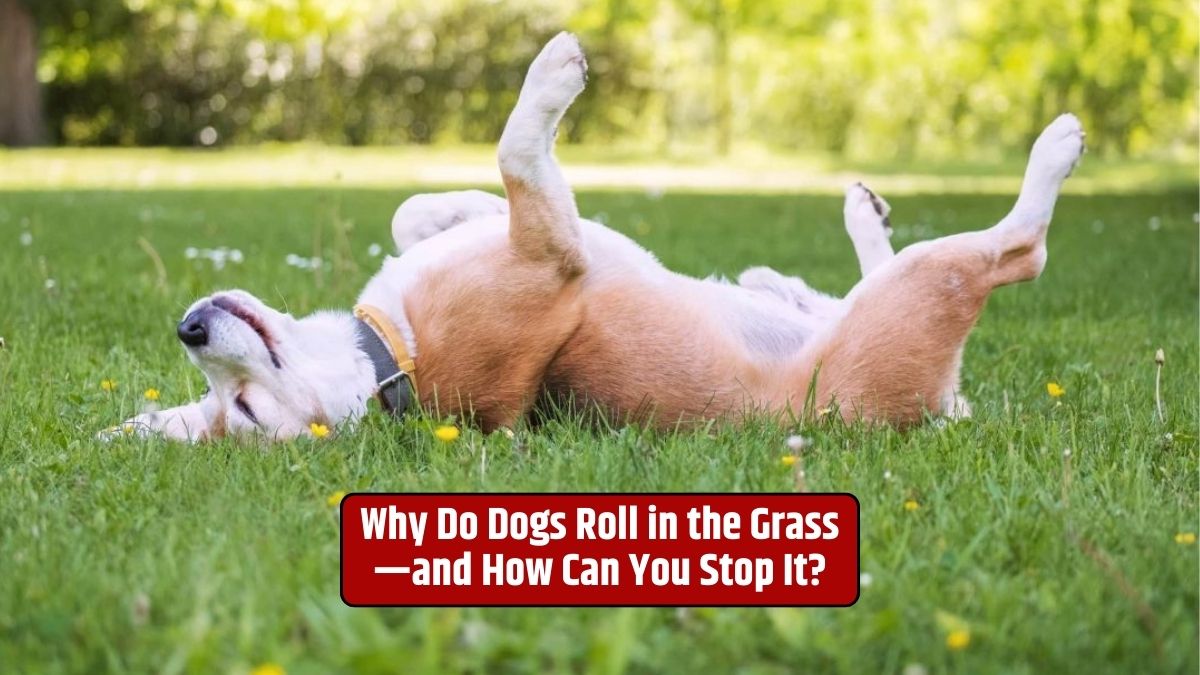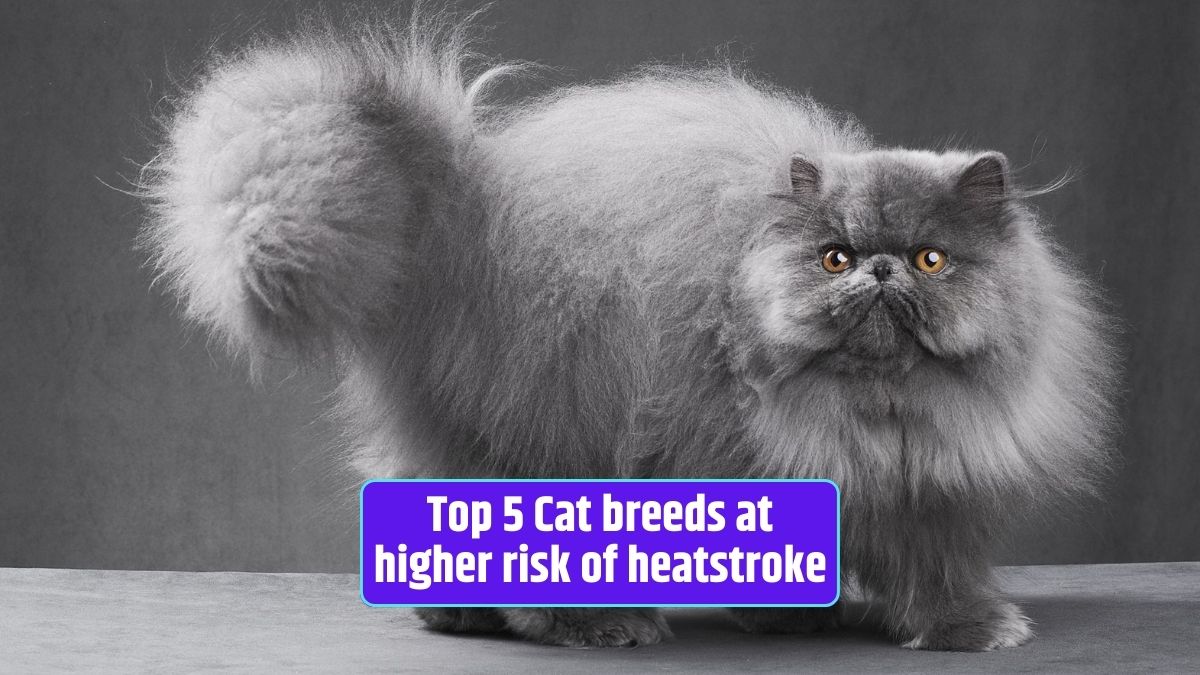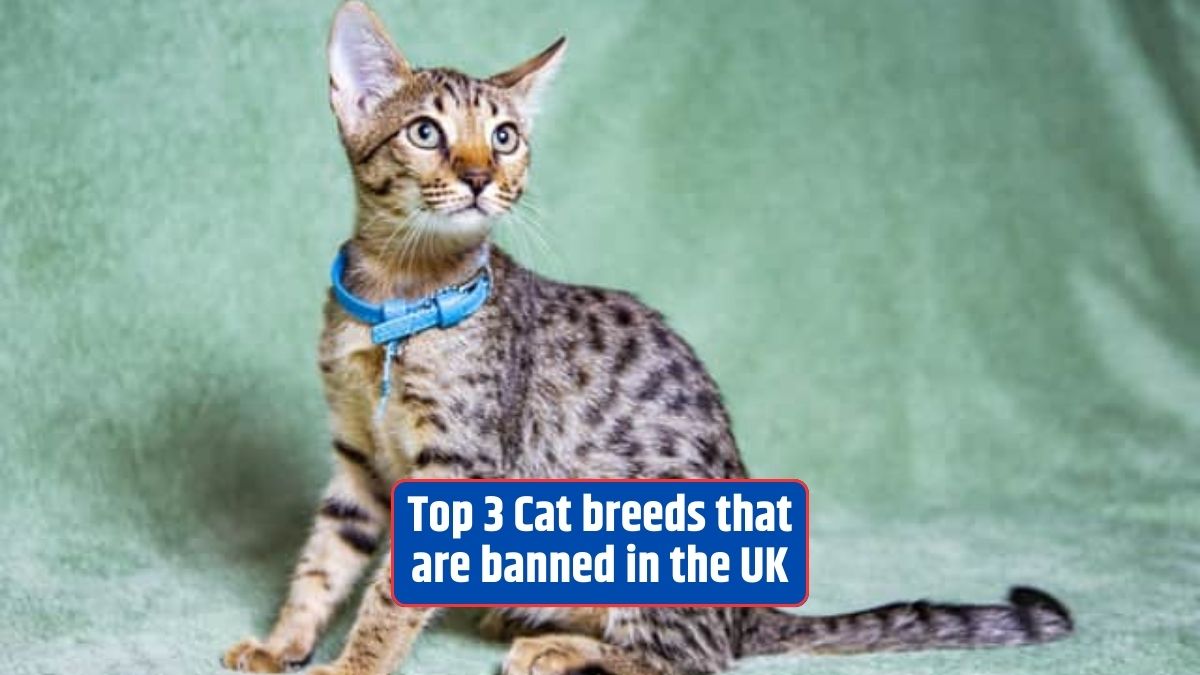Dogs, our furry companions, often engage in puzzling behaviors that leave us scratching our heads. One such behavior that has perplexed dog owners for generations is the act of rolling in the grass.
You’ve probably witnessed it: your dog happily frolicking in the yard, only to suddenly drop to the ground and start rolling with sheer delight. While it may seem harmless and amusing, this behavior can raise questions.
In this article, we will delve into the intriguing world of why dogs roll in the grass and explore some tips on how to curb this behavior if it becomes a bit too fragrant.
The Mystery
The act of rolling in the grass is one of those quintessentially doggy behaviors that have baffled scientists and dog lovers alike. While there is no single definitive answer, several theories attempt to explain this peculiar habit:
- Camouflaging Scent: In the wild, dogs are predators, and rolling in grass, dirt, or even animal carcasses could help them mask their own scent. This behavior might have evolved as a way to approach prey more stealthily.
- Communication: Dogs communicate through scent, and by rolling in various scents, they might be sharing information with other dogs. It could serve as a form of social bonding or even as a way to convey information about their environment.
- Itch Relief: Dogs might roll in the grass to scratch an itch or relieve irritation. The texture of grass can provide the necessary friction to alleviate discomfort.
- Marking Territory: Some dogs may roll to mark their territory. By leaving their scent behind, they’re staking a claim to a particular area.
- Pure Enjoyment: Lastly, dogs may simply enjoy the sensation. Rolling in the grass could be their version of a spa day, providing sensory pleasure.
Grass Rolling Habit
While grass rolling is generally harmless, it can become problematic if your dog rolls in unpleasant or potentially harmful substances. Here are some tips to help manage or discourage this behavior:
- Regular Bathing: Keeping your dog clean and well-groomed can reduce the urge to roll in dirt or unpleasant scents.
- Training: Basic obedience training can help you control your dog’s behavior. Teach commands like “leave it” or “come” to redirect them when they start to roll.
- Supervision: When in unfamiliar areas or situations, keep a close eye on your dog to prevent them from rolling in something undesirable.
- Offer Distractions: Engage your dog in play or offer treats and toys to divert their attention from rolling.
- Consult a Professional: If your dog’s rolling behavior is excessive or accompanied by other concerning behaviors, consult a veterinarian or a professional dog trainer for guidance.
Conclusion
The enigma of why dogs roll in the grass may never be fully unraveled, but it’s undoubtedly a part of their unique charm. While it’s usually harmless and even enjoyable for your furry friend, it’s essential to manage the behavior if it becomes problematic.
By understanding the possible reasons behind this behavior and employing some training and grooming techniques, you can keep your dog fresh and fragrant.
FAQs
Is it harmful if my dog rolls in something unpleasant?
It can be if your dog rolls in something toxic or potentially harmful. Regular bathing and supervision can help prevent this.
Can I train my dog not to roll in the grass?
Yes, basic obedience training can help you control your dog’s behavior and redirect them when they start to roll.
What if my dog’s rolling behavior is excessive?
If your dog’s rolling behavior is problematic or accompanied by other concerning behaviors, consult a veterinarian or a professional dog trainer for guidance.
Should I discourage my dog from rolling altogether?
While it’s generally harmless, you can discourage rolling if it becomes excessive or if your dog is rolling in unpleasant scents.
Is rolling in the grass a sign of a health issue?
Not necessarily, but if your dog’s behavior changes suddenly or is accompanied by other unusual symptoms, consult a veterinarian to rule out any health concerns.









